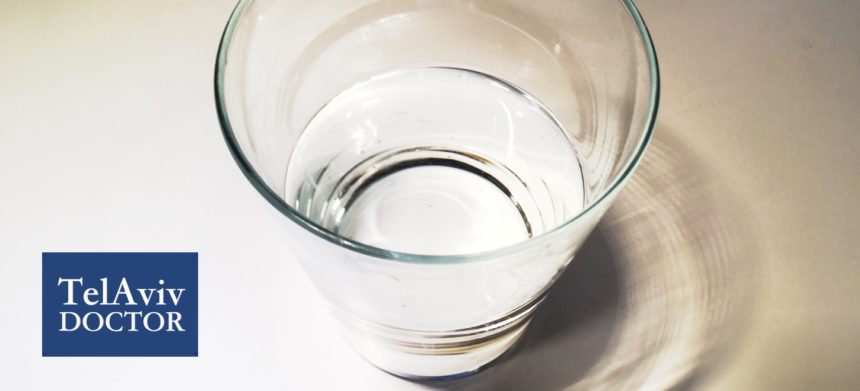So … you plan on fasting. Everyone knows that fasting is not the most comfortable of experiences, it isn’t supposed to be. There are a few things you can do, however, to make the experience marginally less trying.
Reduce caffeine
I know many people with a solid coffee habit who start to wind-down on their consumption in the week before their fast. This helps to reduce the inevitable caffeine withdrawal one would be hit with come fast day. There’s only one thing worse, after all, than being hungry and thirsty while fasting, and that’s to be hungry and thirsty with a banging headache.
Lighter meals
Some advocate smaller, lighter meals in the days before fasting. It may sound tempting to have a banquet before fasting, but often this won’t stop you from feeling hungry later. This is probably a case of ‘different strokes for different folks’; basically whatever works for you.
Reduce sodium
Reducing consumption of sodium (salt) in your diet prior to the fast will help especially if you are fasting without fluid as well.
One thing that seems most strikingly consistent when I ask people about fasting is that most people have said that it isn’t hunger that bothers them, but thirst.
Drink
Thirst is the sensation you get when you are dehydrated. It is there to drive you to drink more fluid. By not having a steady intake of fluid while fasting, dehydration is inevitable.
It is therefore good to ensure you are well hydrated as you start your fast. A good general indicator is to look at the colour of your urine. It should be no darker than a pale yellow colour. Guidelines on how much water to drink per day are just that – guidelines. So many variables will affect each individuals required intake, and quite often we don’t drink enough fluid. Combine this with the fact that we don’t sense dehydration until we feel thirsty and that the thirst sensation is often blunted in the elderly, it’s easy to see why.
How To Break Your Fast
The next consideration is how you will break your fast once it is over. Many advocate something small and simple (like dry crackers or soup) to begin with before moving to the all-you-can eat buffet. This is wise.
You most likely will find that this is enough, and you don’t need any more than this. Your body will manage with what it has, and you will survive to tell the tale.
Read more in our previous post about Fasting – Medical Facts & Effects On Our Body



